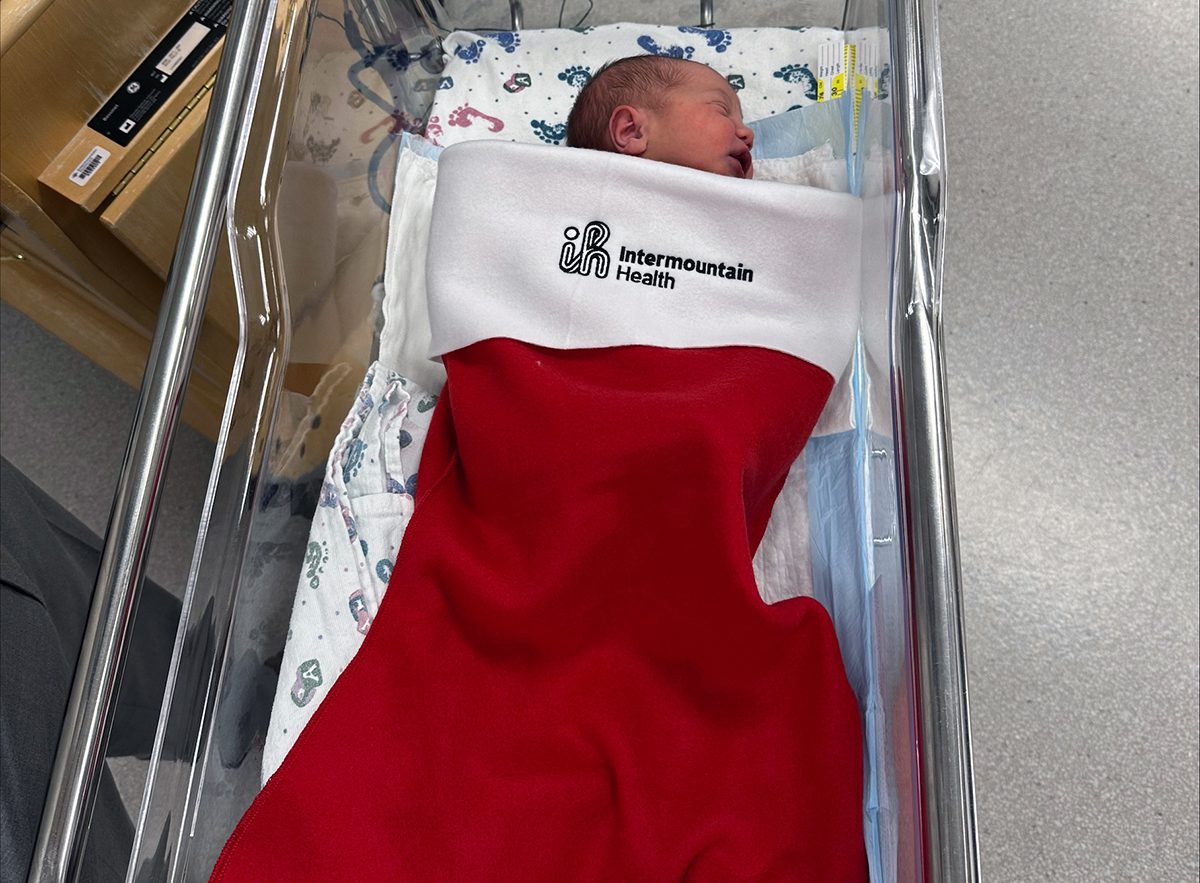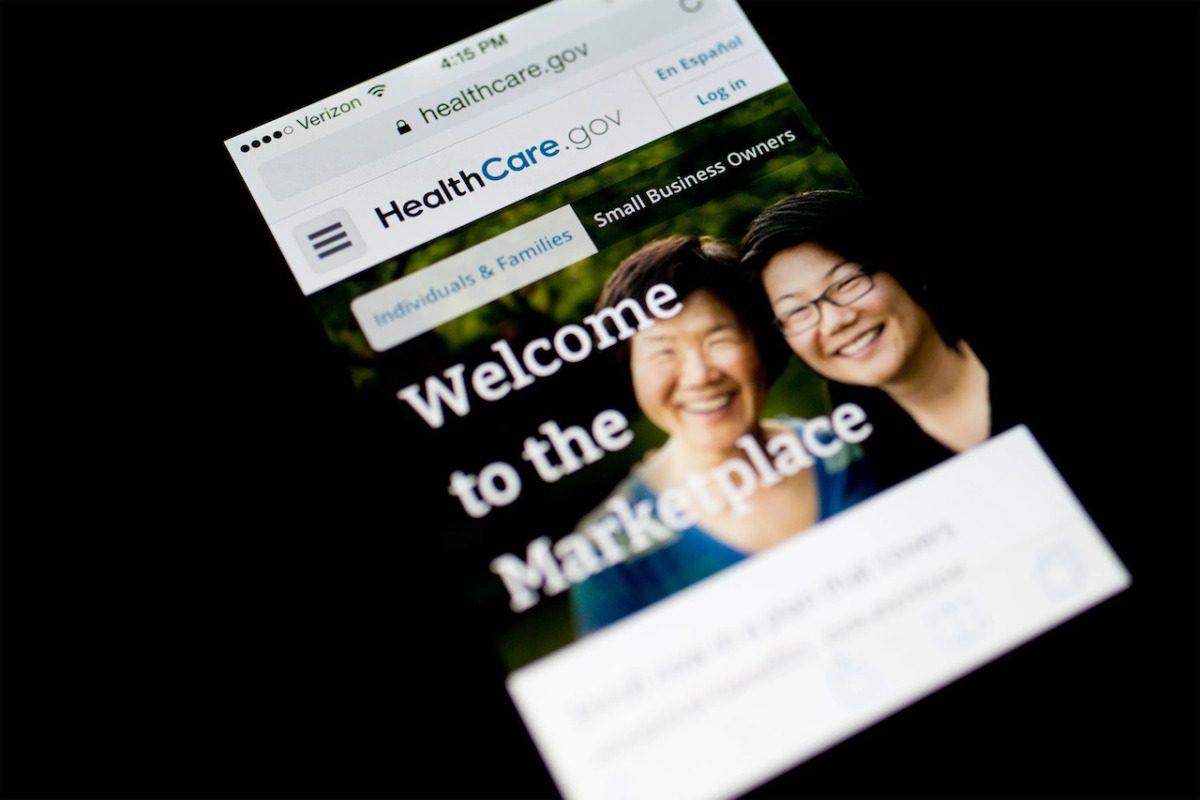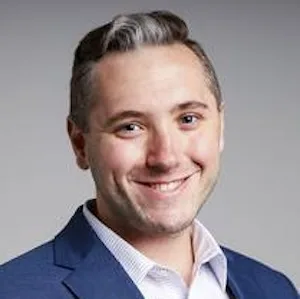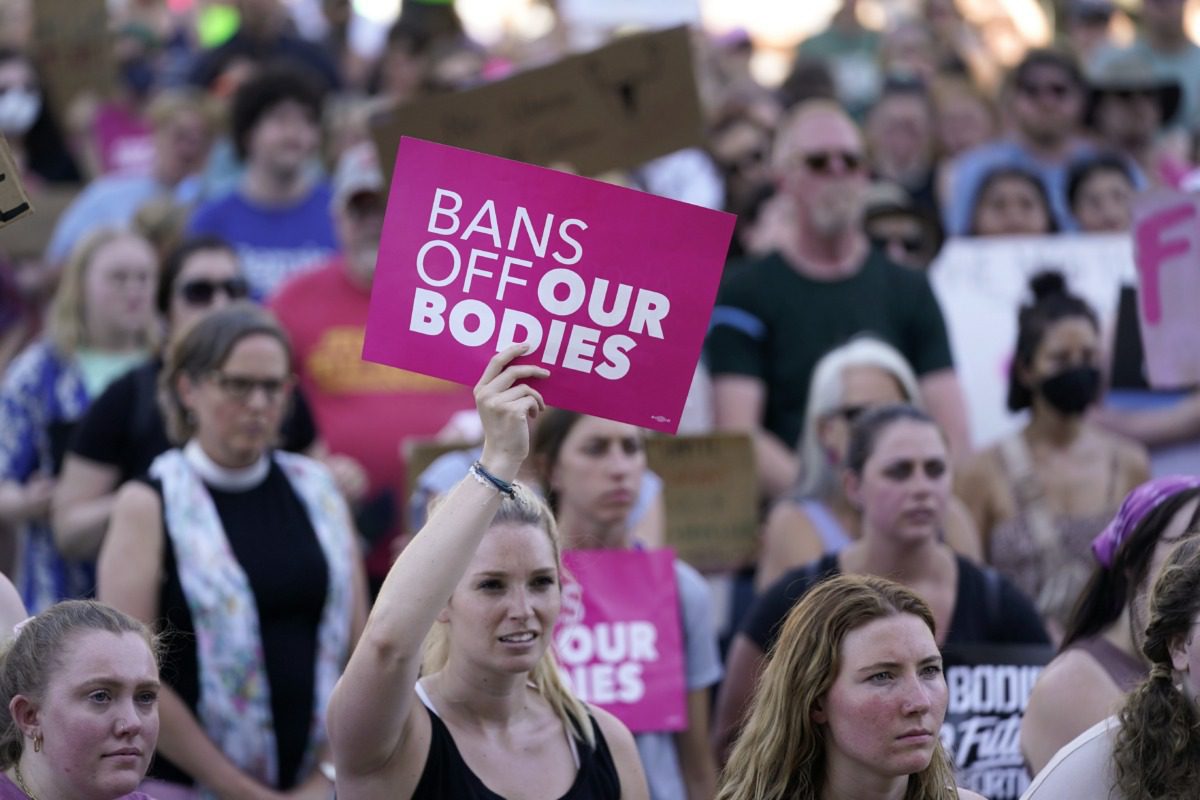
From left to right: Jason Hartzell, Nevada US Sen. Jacky Rosen (red coat), Bunny Hartzell, and Barb Hartzell pose for a photo on Aug. 22, 2024, in Las Vegas. (Photo: Courtesy)
Rosen is among a group of bipartisan US House and Senate legislators who are pushing to establish a tax credit program that would give caregivers $5,000 to cover out-of-pocket expenses.
Las Vegas resident Barb Hartzell is always taking care of others, though it’s not very often that others are looking out for her.
A member of the Chemehuevi Indian Tribe, Barb said it was instilled in her at a young age to take care of others in her community that couldn’t take care of themselves. For years, she’s lived as a single mom to two kids, and has also helped take care of her father, who struggles with managing his Type 2 diabetes along with mental health issues.
Then her life changed forever in 2021.
While most Nevadans remember that year as the one where life slowly inched back to normalcy following the height of the COVID-19 pandemic, that’s when Hartzell’s daughter, Bunny — who was 5 years old at the time — was diagnosed with Type 1 diabetes. Bunny was rushed to the emergency room after a fainting spell that doctors attributed to dangerously high blood sugar levels. Although Hartzell had spent years helping manage her father’s diabetes (he received a kidney transplant months after Bunny received her diagnosis), she said nothing could have prepared her for the early days of Bunny’s diagnosis.
“I was very limited in the knowledge of things like that,” Hartzell said. “I didn’t know about insulin pumps, I didn’t know about continuous glucose monitors, giving insulin to a child — or even for school, how do you present this to the school, and is the school ready to have someone like this?”
Diabetes is a condition where the pancreas is unable to produce the hormone insulin, which hinders the body’s ability to self-regulate blood sugar levels and can lead to a slew of other health complications. Whereas Type 2 typically develops in adults either with a family history of diabetes or poor diet, Type 1 is most often diagnosed at a young age and is an autoimmune condition in which the body is unable to produce insulin on its own.
Patients with Type 2 may require medical help to properly treat their condition, which can sometimes be reversed with proper diet and exercise, whereas Type 1 is a lifelong condition that requires regular administration of insulin or other drugs. Hartzell said because her father has had difficulty managing his own diabetes, she thought perhaps Bunny’s condition might be easier to manage.
Instead, Hartzell had to quickly learn about the complex routine Bunny would need to adhere to moving forward, all while caring for her two children.
“You feel supported in the hospital because you’re surrounded by folks who have been medically trained,” but then you go home, and it’s just you, Hartzell explained. “I was never prepared for low blood sugar. The first time it happened, I was terrified.”
In the weeks and months that followed Bunny’s diagnosis, Hartzell left her job, and she and her daughter navigated the other nuances of life for a juvenile diabetic, such as explaining to Bunny why she couldn’t eat certain foods (namely sweets) that others could, or the occasional unexplainable crash, or spike, in blood sugar levels that require immediate medical attention. Explaining that isn’t always easy.
“I do my best not to wear any of my emotions when it comes to this in front of Bunny,” Hartzell said. “I don’t want her to feel any guilt, or, like, set her emotions off. So when she is feeling a certain way, I just keep telling her, like, I’m sorry you have to take this many shots, I’m sorry we have to live like this. I just don’t want my emotions to make her feel any worse.”
“I never thought I was going to be a parent of such high-caliber, or, like, skilled in the medical field,” she added. “You have to be very intuitive and on top of it, from the things that they eat, [to] the medications they take.”
Federal lawmakers for years have been pushing for some kind of relief for people like Hartzell, and the some 3.7 million others who work as home health or personal care aides nationwide, including Nevada Democratic US Sen. Jacky Rosen, who late last month sat down with Hartzell to learn more about ways officials can help. The meeting, which The Nevadan attended, was facilitated by Care Can’t Wait, a coalition of organizations and advocates that push for expanded resources for care workers.
Rosen, who is seeking re-election this year, told Hartzell that providing relief for care workers is an endeavor that’s personal for her. Before her time as an elected official, Rosen put her career as a computer programmer on hold in the 2000s to help care for her parents and in-laws as their health declined.
MORE: Rosen’s big gains for Nevada veterans earns her their endorsement
“It’s a different journey when someone is a senior citizen going through that, but the stress and love of your family is the same,” Rosen, a founding member of the Senate Comprehensive Care Caucus, told Hartzell. “It’s just different caregiving. The stresses are the same, but I didn’t have to be strong in the same way that you have to.”
One proposal Rosen has backed that’s specifically designed to help care workers is the Credit for Caring Act, a bill with bipartisan support that would allow caregivers to claim a $5,000 tax credit to help reimburse out-of-pocket expenses. Despite support from both parties, similar iterations of the bill have stalled in Congress in years past, and versions of the legislation are currently pending in the US House and Senate.
Despite no clear path to make it through gridlock in Congress, Rosen told The Nevadan she remains optimistic the bill will be signed into law, and that other Democratic-led policy objectives like universal paid family and sick leave could help people like Hartzell, too.
“Caregivers face immense challenges and often make strenuous financial sacrifices to care for the health and well-being of their loved ones,” Rosen told The Nevadan in a statement. “The Credit for Caring Act is bipartisan, common sense legislation that would put money back into the pockets of family caregivers and ease their financial burden. I’ll keep fighting to make sure it becomes law.”
Rosen told Hartzell she’s also working on legislation that would provide local public health agencies like the Southern Nevada Health District with informational resources to help care workers give up-to-date treatments for the conditions affecting their loved ones, as well as social support groups tailored for caregivers.
That way, caregivers like Hartzell won’t always have to go it alone.
These resources “wouldn’t maybe necessarily be for every little thing, but it would give you some guidelines,” Rosen said. “You could even have videos that at least get you started, then besides the tax credit for all the other out-of-pocket costs, maybe programs that support our local health districts and build these community programs would be a good thing for us to invest in.”
And for caregivers like Hartzell, any little thing would be an improvement over the status quo.
“We all matter,” Hartzell said. “Caregiving is healthcare. It is medical care, because it does change the outcome of how people live with dignity.”
Editor’s note: A previous version of this story incorrectly stated Hartzell was a member of the Las Vegas Paiute Tribe and a caregiver part of the Service Employees International Union. Hartzell is a member of the Chemehuevi Indian Tribe and was a political director for the union.
Support Our Cause
Thank you for taking the time to read our work. Before you go, we hope you'll consider supporting our values-driven journalism, which has always strived to make clear what's really at stake for Nevadans and our future.
Since day one, our goal here at The Nevadan / El Nevadense has always been to empower people across the state with fact-based news and information. We believe that when people are armed with knowledge about what's happening in their local, state, and federal governments—including who is working on their behalf and who is actively trying to block efforts aimed at improving the daily lives of Nevada families—they will be inspired to become civically engaged.


Santa Claus celebró Navidad en el hospital Intermountain; recién nacidos reciben una gigantesca bota navideña
Santa Claus hizo entregas especiales a bebés recién nacidos en un centro hospitalario cumpliendo así 15 años de una hermosa tradición decembrina....

Nevada’s health insurance marketplace sees increase in new enrollees. Here’s how to sign up.
Approximately 17,815 individuals have shopped for and enrolled in plans this year through Nevada Health Link, the state-run health insurance...

As Nevada’s population grows, so does the need for new doctors — and resources to train them
Nevada ranks 45th in the US for active physicians per 100,000 residents, and with seemingly little appetite to fund residency programs at the...

Dio inicio el Período de Inscripción Abierta en Nevada Health Link
El Período de Inscripción Abierta para el Año del Plan 2025 se extiende del 1 de noviembre de 2024 al 15 de enero de 2025, con más de 140 opciones...

What’s new and what to watch for in the upcoming ACA open enrollment period
by Julie Appleby, KFF Health News It’s that time of year again: In most states, the Affordable Care Act’s annual open enrollment season for health...

Lo nuevo y lo que debes tener en cuenta en el próximo período de inscripción abierta de ACA
by Julie Appleby, KFF Health News Estamos en esa época del año otra vez. En la mayoría de los estados, la temporada de inscripción abierta de la Ley...




